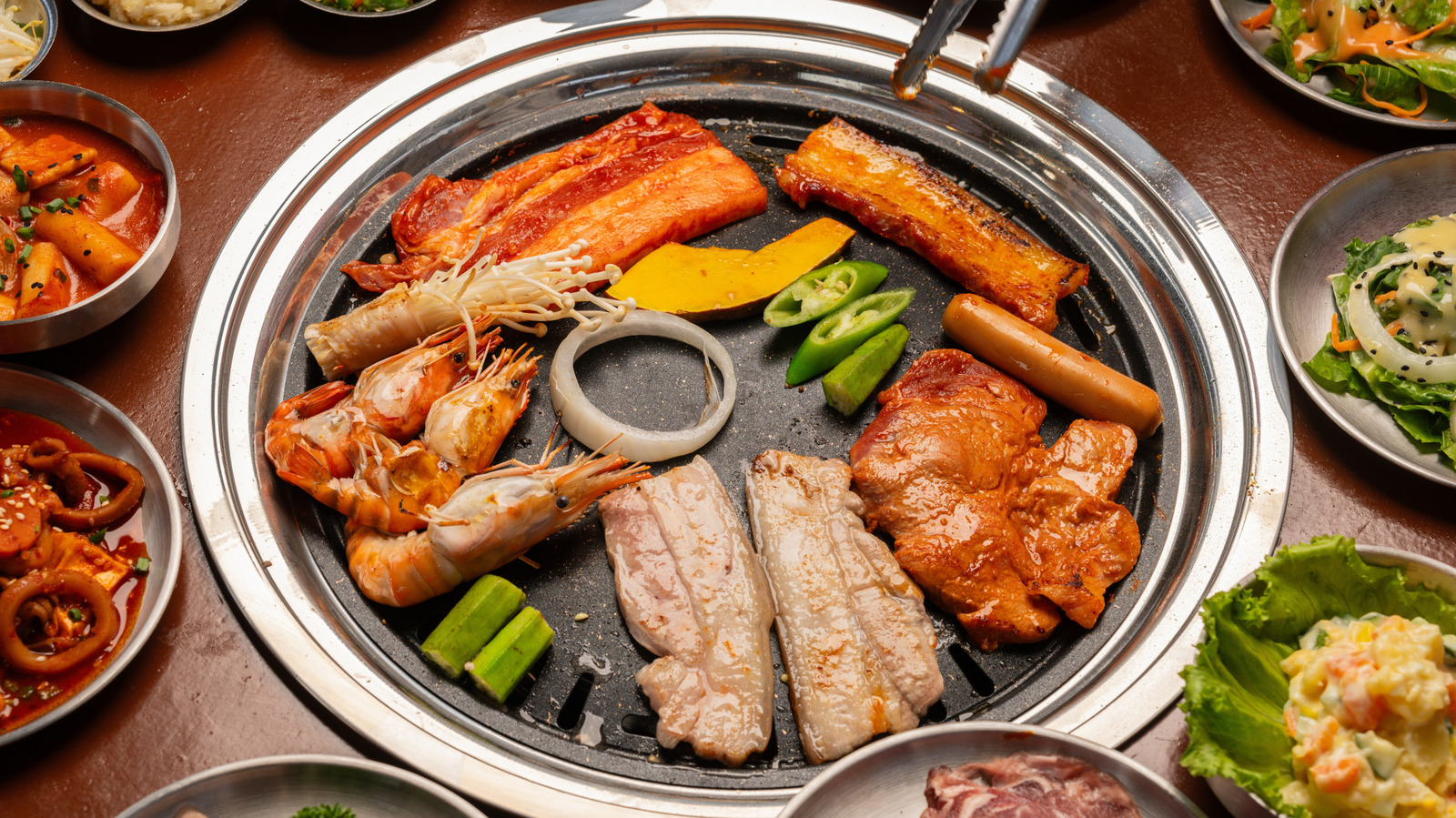
"Walk into any reputable Korean BBQ restaurant and you'll be greeted with a sensory deluge that'll have you locked in come dinner time. Whether it's the joint's visible vibrancy, the sounds of sizzling meats, or the smell of intersecting aromas, a top-shelf Korean BBQ spot will create a tantalizing experience for the diner before the food even hits the table."
"As diners use a hot grill to cook their meat of choice, Park said "a clean, well-maintained grill should not have excessive carbon buildup, charred debris, or grease from previous diners," further adding that restaurants "should provide a fresh, clean grate for each party." He also added that excessive smoke emanating from the grill is indicative of leftover grease from a prior session. Part of KBBQ's allure is the ability to cook your meal in real time."
"However, given KBBQ's hands-on approach, having clean utensils is imperative. Diners should inspect tongs, scissors, and other utensils for leftover grit, grime, and food particles. Park notes that "[Unclean utensils] indicate a lack of proper cleaning and can lead to cross-contamination, especially since separate utensils should be used for raw and cooked meat.""
Clean, well-maintained grills should lack excessive carbon buildup, charred debris, or grease from previous diners and should be replaced with a fresh grate for each party. Excessive smoke from the grill often signals leftover grease and poor cleaning. Utensils such as tongs and scissors must be free of grit, grime, and food particles, with separate tools used for raw and cooked meats to prevent cross-contamination. Good ventilation is crucial to ensure a comfortable, safe dining environment, and busy KBBQ operations must maintain refined processes while prioritizing customer comfort and hygiene.
Read at Tasting Table
Unable to calculate read time
Collection
[
|
...
]